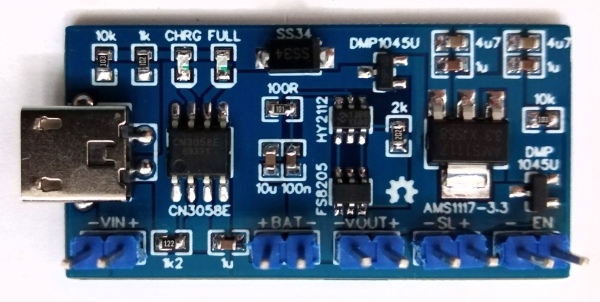LiFePO4 Batteries: An Overview
Compact electronic devices rely on concise li-ion battery packs. Lithium iron phosphate battery (LiFEPO4) or LFP battery is a type of lithium-ion battery that uses lithium iron phosphate as a cathode and a graphitic carbon electrode as the anode. LFP batteries have a lower operating voltage and also present lower electrical conductivity. But they have some significant advantages over lithium-ion batteries like low toxicity, low cost, high stability, high performance, etc. Due to these advantages, LFP batteries find several roles in automotive industries, Uninterruptible power supplies, and other low power applications.

LFP batteries have a very constant output voltage that stays fixed around 3.2V (nominal voltage of the battery) during discharge cycles. They also have a longer calendar life. Calendar life or shelf life is the time for which a battery can store charge being inactive or with minimal use. Other than that, LFP batteries are thermally and electrically stable, which makes them safer than traditional LiCoO2 batteries.
LFP Power Board
Stefan Wagner from Germany designed a PCB for LFP batteries power board. The board can charge LiFePO4 batteries and also power the load uninterruptedly. The board is developed for 3.3V projects and can be operated by both battery and external power supply.
The board uses CN3058E battery charger IC and HY2112, a battery-pack protection IC. There is a load-sharing system that interrupts the connection between the battery and the load when an external power supply is connected. The load-sharing system is implemented by a pass transistor and a Schottky diode. When an external voltage is detected at the gate of the pass transistor, the voltage from the battery is interrupted.
Without an external power supply, the project is powered directly by the battery, which means that the output voltage depends on the battery charge level (about 2.7 – 3.5V). However, an onboard 3.3V regulator is present that can supply a constant 3.3V to the load.
The battery charger section consists of CN3058E IC, a couple of resistors to set charging current, a couple of LEDs for indication, and bypass capacitors. The CN3058E is a complete constant-current/constant-voltage linear charger for single-cell LiFePO4 rechargeable batteries. The IC contains an on-chip power MOSFET and thus, eliminates the need for the external sense resistor and blocking diode. The device has an automatic low-power sleep mode which activates when the external supply is not present. It can also automatically recharge the cells by sensing the battery voltage regularly. The charge current can be programmed externally with a single resistor, and the maximum programmable current is 1A.
Read more: LIFEPO4 CHARGER BOARD BASED ON CN3058E
